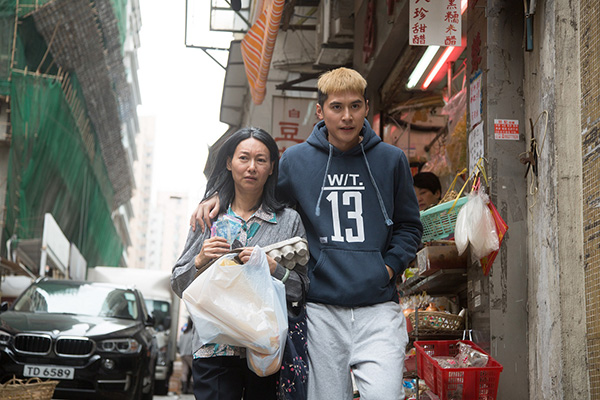 |
|
A scene from Happiness. [Photo provided to China Daily] |
Wai reveals that her character's physical features, with gray hair and clumsy gestures, are based on her mother, who was finally diagnosed with the illness in her 70s and is now 91.
"I owe my mother an apology," says Wai.
Wai's mother became bad-tempered and began to lose her memory when she was in her 50s. However, the signs were ignored by the then busy actress who simply saw the increasingly difficult relationship as a generational gap.
"The conflicts and squabbles in the movie were situations that I've experienced."
Once the only money-earner in family, Wai's mother peddled goods on Hong Kong streets to raise Wai and her siblings. Wai tapped into the showbiz circle at 14 and has tasted the ups and downs of the Hong Kong film industry.
"Now I'm still living with my mother, who's my biggest support. I hope people who watch Happiness will care more about the elderly at home," says the 56-year-old, who has switched to indie titles in recent years.
Latest statistics reported by the domestic media show that China has the world's largest population of Alzheimer's patients, reaching 10 million by the end of last year.
But the world's second-largest movie market, with an annual output north of 600 movies last year, has very few big-screen productions reflecting the group.
Last year, a similar-themed movie The Song of Cotton garnered limited attention amid the commercial genres that dominate the market.